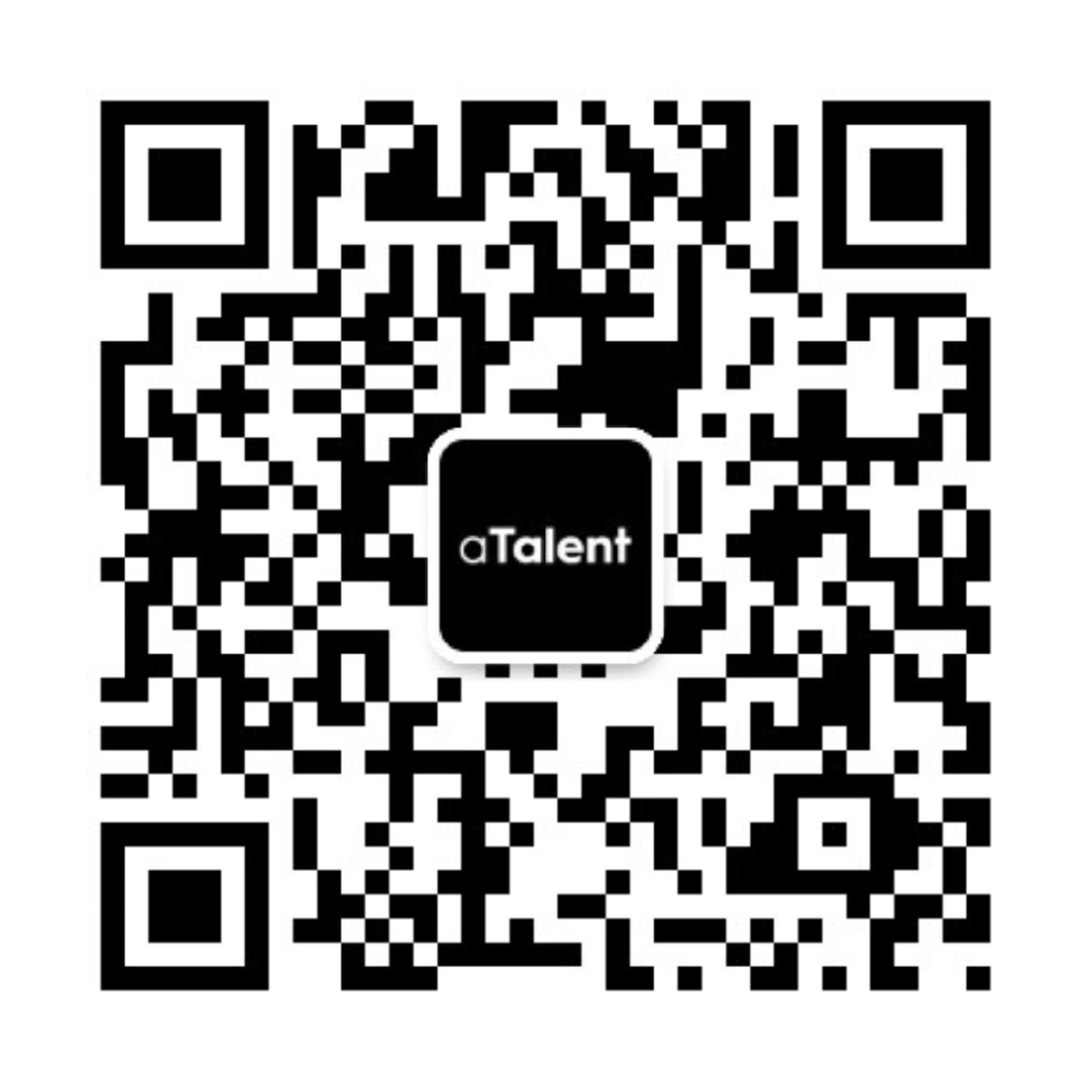
For plenty of years, Learning Management Platform (LMS) has been the foundation of the learning and development (L&D) management. Many executives and HRs constantly trying to better optimize the learning experience and better empower business development through various technologies in the learning and development management.
Learning Management System (LMS)
The LMS (Learning Management Platform) effectively connects employees, instructors, and courses through technology. LMS can arrange training sessions in advance so that instructors or HR can learn about the registration of relevant courses in real time. At the same time, it also became the place where e-learning could live.
When it comes to learning and development, many HRs are more and more familiar with “SCORM” which confirms that more and more enterprises have begun to embrace online and offline mixed training methods in an all-round way.

Learning Management System (LMS), as the name suggests the focus is “management”. In short, it refers to the company’s one-way planning through the platform to ensure that the specific training courses are provided to related employees.
With the increasing updating of technology, the current employment environment is constantly challenging the boundaries of LMS. Although employees still need to receive relevant training content provided by enterprises, “learning and development” itself is way more than “training”.
Learning Experience Platform (LXP)
The birth of LXP (Learning Experience Platform) is based on the belief that learning at work is a unique experience for everyone.
It’s like you subscribed on demand through Netflix, Spotify and others to get rid of the original TV broadcast time. Users expect more than a top-down, single boring training plan. The design concept of LXP products implements that “learning has been carried out in an almost unlimited form”.
LXP enables users to select and discover content from various sources. LXP is quite popular in personalized content recommendation. For example, it can AI recommend third-party articles, related index files, videos and other digital resources for users.
While improving and optimizing the employee learning experience is a very good (and necessary) measure, how companies can continuously and positively motivate employees to learn is also a headache for executives and HR.

Talent Marketplace
Therefore, through continuous exploration and polishing, we have opened a new chapter in talent management: aTalent Talent Marketplace. aTalent Talent Marketplace adopts advanced AI technology to ensure that employees and the overall goals of the organization are consistent, create a two-way management flow, and bring an unprecedented experience to employees’ self-learning, development and skills remodeling.
Affected by the epidemic, the global employment environment is more complicated than ever before, and companies urgently need to find a more effective ways to discover and develop employees and to gain new skills.
aTalent Talent Marketplace brings an unprecedented talent management experience. It is a technical platform that can maximize employees’ enthusiasm for learning. It is driven by HR and employees in both directions, which can also be a huge help for HR in job matching.
More specifically, employees can according to their own interests, find and apply for short-term projects, training mentors, or even a full-time positions inside the company. They can share their personal skills and visions through the platform. When opportunities meet their own interests, the platform will AI recommend these opportunities for them. At the same time, the platform will also simultaneously recommend suitable candidates to HR through AI technology.

Functional differences between LMS, LXP and Talent Marketplace
Learning Management System (LMS)
1. The main function of LMS is to distribute online learning courses and relevant internal training of the company to students, which are designed to support the handling of critical business.
2. Because the training content is uniformly curated by L&D professionals, it has a high degree of consistency. It can help the company organize and manage the learning needs of employees, and track and control the learning process at the same time.
3. The LMS platform is mainly driven by enterprise administrators, and users are not allowed to create and discover learning content they are interested in. It is usually a management-centered platform for learning unified business rules, compliance and other related courses.
Learning Experience Platform (LXP)
1. LXP breaks the limited platform management role, allowing employees to create personalized learning content and automatically help users discover new relevant learning opportunities.
2. Through LXP, users can choose to learn content independently, instead of being limited to the unified content curated by the HR. With powerful web crawler technology, it can personalize content for users and filter in an open library.
3. The ecosystem of the open design architecture breaks the company’s original resource library by integrating a large number of external learning resources. This can provide a better learning experience for employees. At the same time, LXP is also equipped with the same content tag classification function as a streaming media platform, which can help users quickly browse and filter.

4. LXP aims to enrich enterprise learning and development management with more powerful technologies to improve the mastery of specific fields or work-related skills.
5. LXP drives and enhances the user learning experience through insightful data analysis. It effectively connects the learning itself and the improvement of performance.
6. With an adaptive learning ecosystem, employees can add new learning content and set completion deadlines and plan specific learning processes.
7. The LXP platform can integrate inherent training courses and external diversified learning resources within the enterprise to ensure that users can have diversified content choices.
Talent Marketplace
1. Such as LinkedIn, the experience of the Talent Marketplace begins with a fair and diversified pool of internal opportunities (jobs). aTalent Talent Marketplace creates an attractive working environment through specific skills, employee career paths, and the internal needs of the enterprise.
2. Unlike the ERP system, aTalent Talent Marketplace does not require additional training. The simple and exquisite UI design make it easy for users to understand how to use it.
3. Unlike the integrated talent management system, aTalent’s Talent Marketplace focuses on functionality and innovation. Our product can automatically enter data from the existing enterprise management system to achieve flexible access to user information without copying or replacing existing data.
4. The aTalent Talent Marketplace is based on cloud, which makes it highly suitable for the current digital environment. It has a high degree of adaptability, a card design interface, and a perfect mobile application.
5. Through the combination of AI and the basic framework, the intelligence and predictability of aTalent Talent Marketplace will continue to improve over time. With keen insight, it can obtain data from hundreds of employee processes and provide targeted advice to line managers and HR.
6. aTalent Talent Marketplace is based on the enterprise’s internal big data, multi-dimensional analysis and comparison, and has more candidate list and other humanized functions to better help HR in job matching.

One-way output and two-way running
The core difference between LMS and LXP is that LXP gives employees the right to choose the learning content, learning mode and completion time. In contrast, LMS, the learning content is assigned to specific employees according to business needs, such as employee codes, onboarding processes, etc. LMS helps develop skills closely related to the corresponding industry or position through structured courses.
In contrast, LXP allows content including videos, podcasts and others. LXP allows employees to curate themselves, choose content, and share learning results. In addition, LXP can facilitate interaction between others and build a custom library through the content selected by employees.
The immersive learning experience provided by LXP is more influential and personalized than traditional LMS. This advantage of LXP is crucial for enterprises to promote employees’ self-learning drive.
In today’s digital environment, the Talent Marketplace can fully accommodate the exclusive learning needs of each employee and provide independent growth space. In addition, aTalent Talent Marketplace allows users to view courses and choose according to relevance and business needs to achieve the theme of focusing on their own occupational health development.
Conclusion
Although LMS will continue to be a necessity for enterprise learning and development, the Talent Marketplace can not only optimize the learning experience, but also effectively mobilize employees’ enthusiasm for learning. It will be favored by more enterprises in the near future.
aTalent Talent Marketplace expands the capabilities of traditional management platforms by combining the framework of traditional talent management platforms and independently upgraded functions. This helps employees understand the added value they bring to the enterprise, and at the same time promotes a good long-term relationship between employees and the company.
Creating an effective Talent Marketplace can convey the idea that “this is a meaningful, growth space, teamwork and consistent enterprise” for your employees, which will greatly improve the daily experience and participation of employees. More importantly, it can greatly increase the performance of individuals and enterprises.
Wanna get deep insight of aTalent Talent Marketplace? Click the button below and find out NOW!

Scan QR code to follow WeChat public account
Never miss any talent management information



